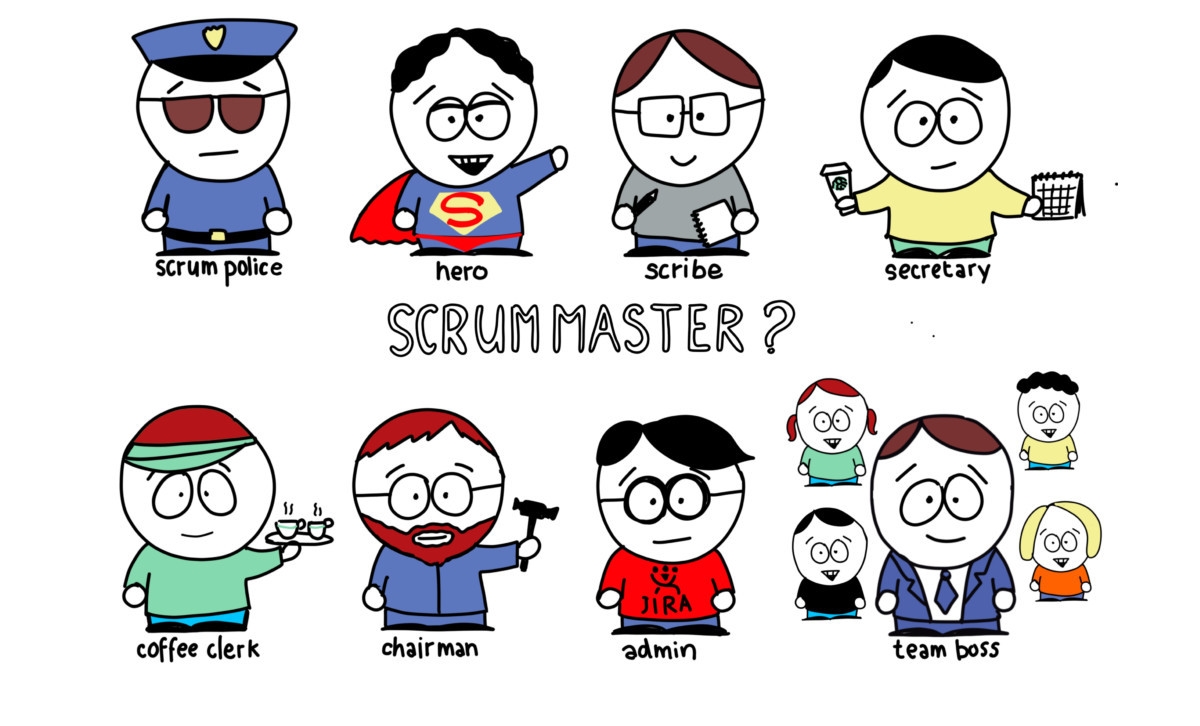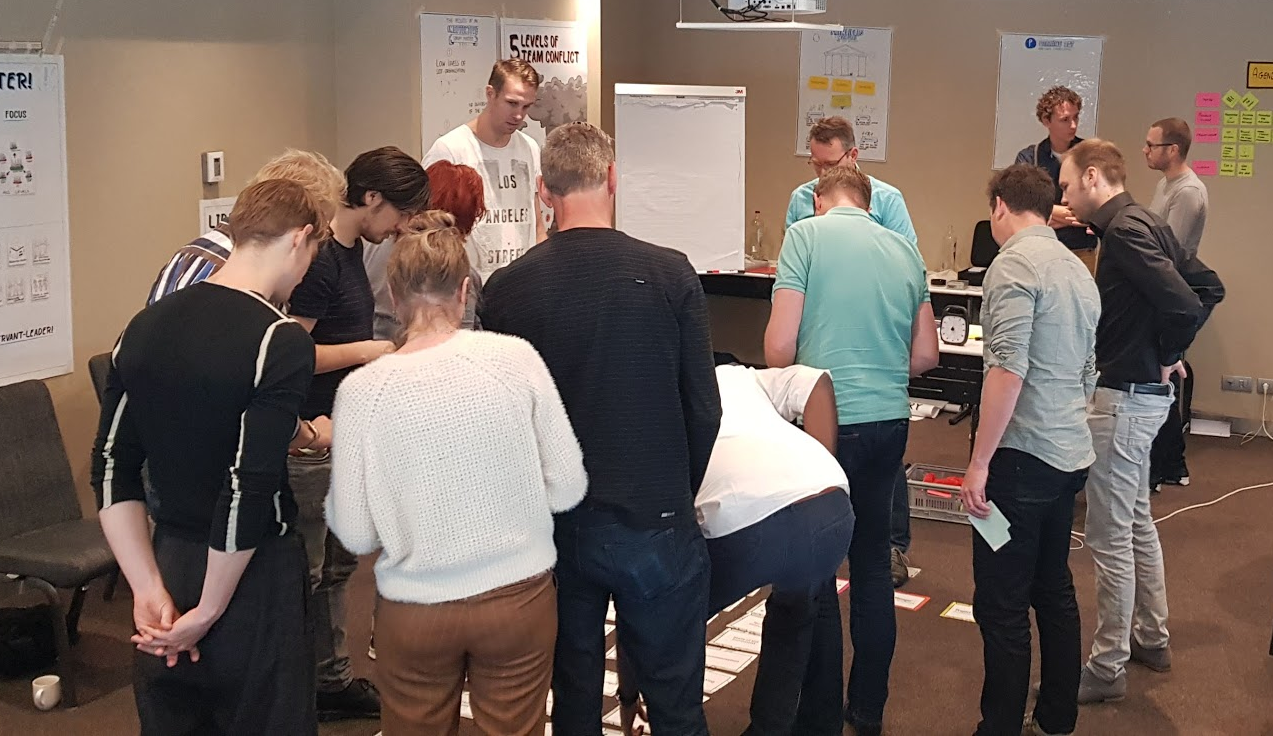— October 15, 2018
Scrum Master. One of the mandatory Scrum roles. Ever important to dictate the Development Team what to do. Keep track of metrics. Gather people to the daily Scrum. Hold performance reviews. Make sure the team improves and that if more Development Team members are needed, you fix that impediment!
Right? If you’re a Scrum Master reading this right now and think not much of it, it’s time to UP your Scrum!
No Right? If you’re a Scrum Master thinking: “this guy doesn’t get what the Scrum Master role is about”, it’s time to UP your Scrum as well!
Bad Scrum
This blog post is for the Scrum Masters who think they are on the right track, think that they know more than others or think that they can always improve. I bet if you’re a Scrum Master you’re at least part of all of these. I would like to take you on a bit of a journey in this blogpost and help you to improve yourself and others.
Becoming a Scrum Master
There are lots of different paths towards becoming a Scrum Master. A lot of people I know come from another role. They did not do a Scrum Master bachelor (or Master!) and grew into the role.
From that point on you bring your own experience into the role. It being a former developer, project manager, tester, HR manager or else.
Some are asked to become Scrum Master in a dual role, because that’s efficient or just an easy way to go. With the best intentions.
In a lot of cases, there is not much passion for the empirical process control that Scrum is all about. Or sometimes you just don’t know. No judgement there, because often people are doing their best to help the team and sometimes also the organization.
If you’d like to read more about the different stances of the Scrum Master, read this post.
My Scrum Master journey
I started my journey as a Scrum Master and a programmer within a Development Team. We needed to try something different. I just went on the Scrum Master course and wanted to practice. So there I went. I totally went nuts on the Jira workflows and Scrum board, doing Sprint Retrospectives and telling everyone how they should feel about Scrum. It was awesome. I guess I was on the right track, somewhat. But I could do better.
A couple of years later I wanted to expand my experience in being a Scrum Master and left programming to the developers who really knew what they were doing. I did two teams (still did the workflow and Jira administration) and had a great time. I don’t know if I really was much good to the teams, but I was still trying. Also, it worked well for the organization at that point in time.
I started giving training to people within the company, teaching them about Scrum. Teaching other Scrum Masters and helping them on their way. I learned more and more everyday, but felt I was pretty much ahead of the rest. Finally I could call myself Agile Coach!

It wasn’t until I started my own company and working with others outside of the organization I was working in that I got to see that there was still so much to learn. I kept on reading, going to meetups, training together with other people and I got my first coaching job.
When I started working with other companies and teams I struggled and found the Scrum Master role pretty hard. By I learned to rely on the teams more and more. Not fixing it for them, but helping them to fix. That gave me more energy.
I applied to become a member of the Professional Scrum Trainer Community with Scrum.org. It felt like that would be some kind of ultimate achievement. However, it proved to be much more than that. It got me to realize that there is a great deal to learn from each individual I met. Not just within the community, but also in every day working with teams and other trainers and students. Every time I facilitate a training or work with teams, I try to be open to the things I can learn from all the people around me. And sometimes realizing that something that’s someone else’s strength will never be yours, it can still inspire you to try out new things and keep learning.

One of the latest classes released by Scrum.org and developed by my friends Barry and Christiaan, the Professional Scrum Master II class, shows how great this is. Scrum Masters coming together to learn mainly from each other, asking for help, offering help and gaining insights on how to better facilitate the empirical process within organizations. Helping other Scrum Masters, helping the Product Owner and the wider organization understand how to use Scrum to reach your product potential.
So how do I “UP my Scrum” then?
Be open and respectful to others. Learn from each individual. Have the courage to not know the answer and ask for help. Focus on being a guardian of the empirical process. Commit on fostering team decisions, even if you think you have a better idea. That is when you “UP your Scrum”.
Business & Finance Articles on Business 2 Community
(93)
Report Post




